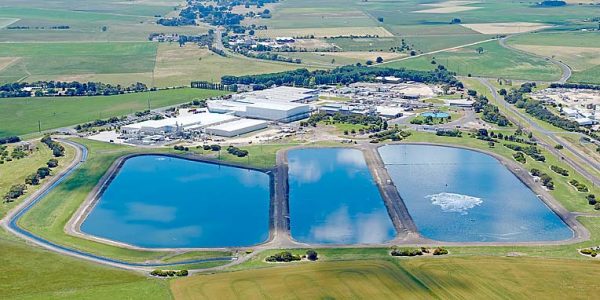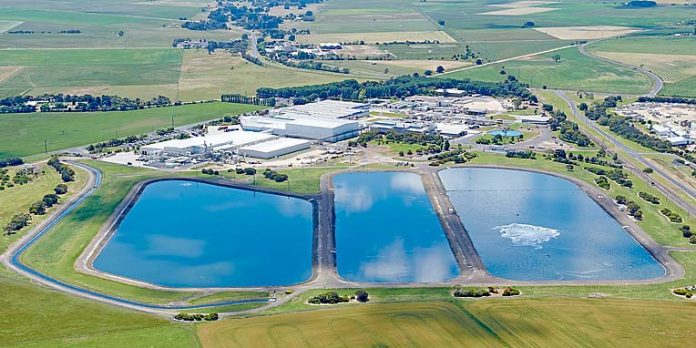
UNION members at the Kimberly-Clark Australia Millicent Mill started a series of indefinite rolling strikes yesterday.
The flashpoint was reached after the company and a key union could not agree on the terms of a new enterprise agreement.
The strikes are authorised by the Fair Work Commission and come just days before the fourth anniversary on Sunday of the last pay rise for the union workforce.
They follow two closed meetings of union members held last week at the Millicent Returned and Services League Hall and a one-hour strike by one union member in the mill’s store last month.
According to the Construction, Forestry, Maritime, Mining and Energy Union, its members were frustrated the company continued to drag its feet after four years of negotiations for a new workplace agreement, during which time there had not been a single pay increase.
CFMEU Pulp and Paper Division president Denise Campbell-Burns said her members were also angered by the lack of certainty about the long-term future of the mill.
She said the Kimberly-Clark Corporation and earlier this year announced 5000 jobs would be shed and up to 10 plants closed around the world.
“Negotiations have dragged on since 2014, with wages frozen the whole time, but it is the growing uncertainty about the future of the mill and whether people will even have a job next year that is most difficult for workers to deal with,” Ms Campbell-Burns said.
“As a result, KCA workers have made it clear they are prepared to take action to secure a modest wage increase and improved redundancy provisions to ensure they are better placed if the mill does close.
“It is a real strain for workers as they live and work under a cloud of uncertainty about what their future holds.
“That’s why the 265 CFMEU members at the mill have launched industrial action, which will include indefinite rolling work stoppages, to try to bring these negotiations to a satisfactory conclusion.”
Ms Campbell-Burns said union members remained committed to working with KCA to reduce costs to eure the ongoing viability of the mill, having already proposed significant long-term saving measures, but the financial toll of the four-year wage freeze was being increasingly felt.
“Since these negotiations began in 2014, there has not been a single pay rise, despite the cost of living for local families steadily rising, meaning hundreds of men and women from the KCA Millicent Mill have actually endured a pay cut in real terms,” she said.
“When the largest employer in the South East freezes wages, the economic impact of that action flows through to the entire community as hundreds of local families are forced to tighten their belts.”
Ms Campbell-Burns was scheduled to meet with the CFMEU Millicent Mill committee of management yesterday, but no mass meetings or discussions with the company were planned.
A request was made to the union by this newspaper to outline the nature of the rolling stoppages, but this was declined.
The Border Watch understands the rolling stoppages of different areas of the mill last one hour each.
CFMEU Millicent Mill president Craig O’Connor declined to comment on the industrial action.
The Sydney headquarters of Kimberly-Clark Australia has provided The Border Watch with the following statement in response to the CFMEU decision to undertake industrial action.
“Kimberly-Clark Australia is currently in enterprise agreement (EA) negotiations with employees at our Millicent Mill,” the company stated.
“Our aim is to forge an EA that balances fair and competitive terms with the ongoing cost challenges faced by manufacturers in Australia.
“We are committed to working with our employees and the CFMEU to resolve this matter as quickly as possible.”
At its peak in the 1970s, the mill had a workforce of 1000, but its current level of employees and contractors is around 400.








